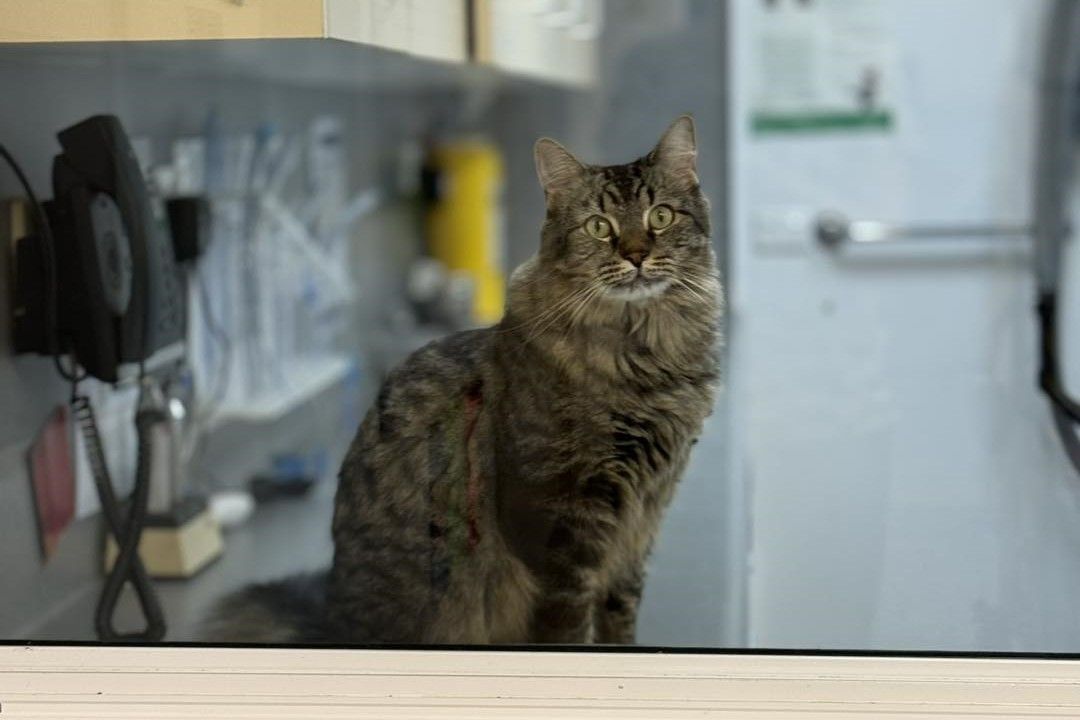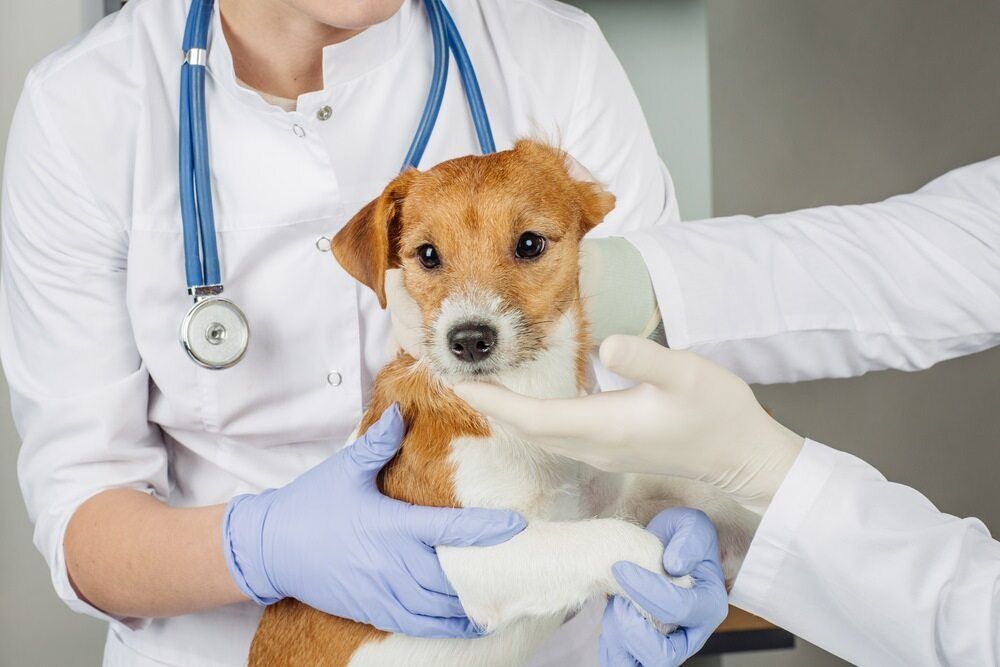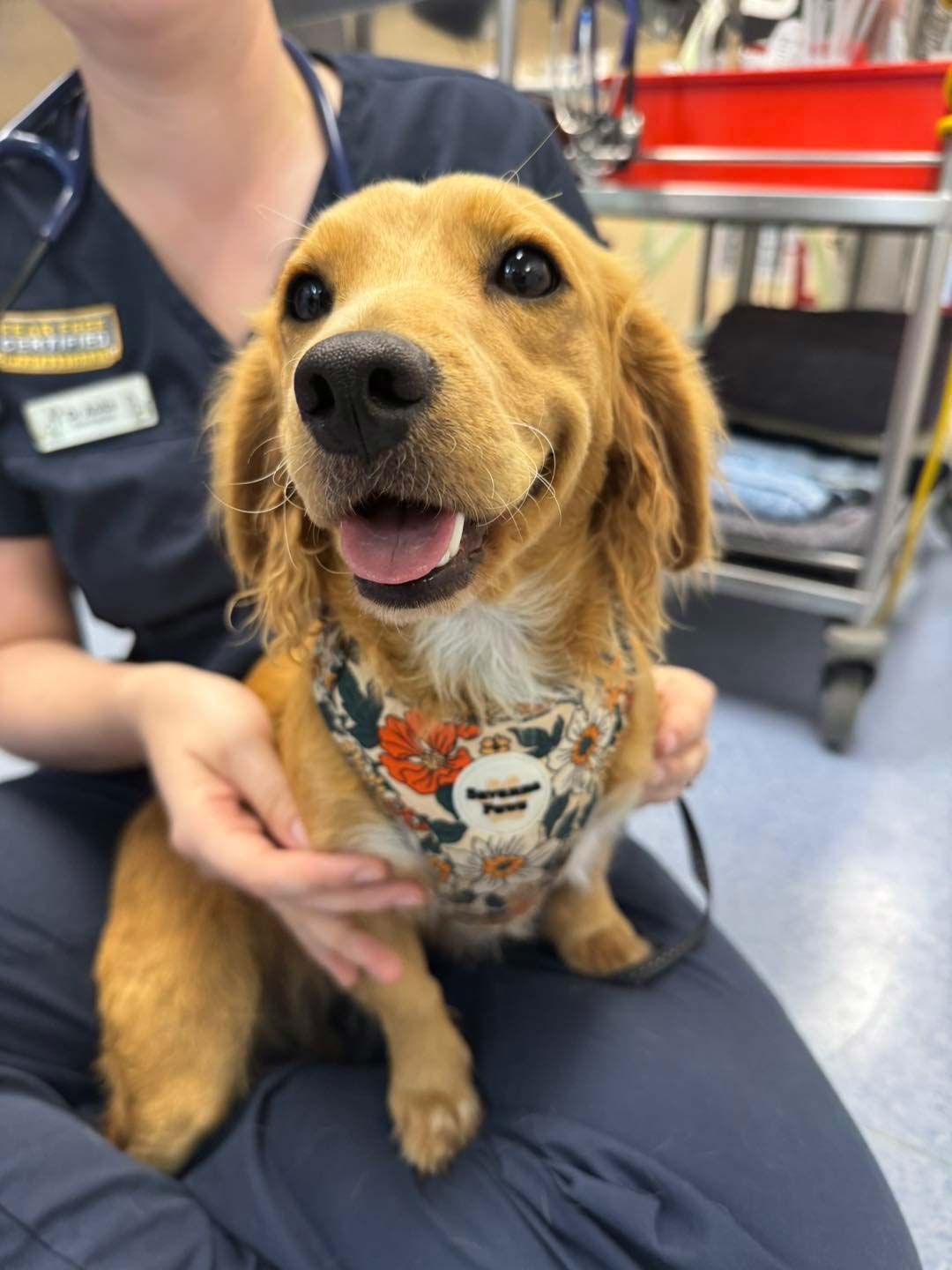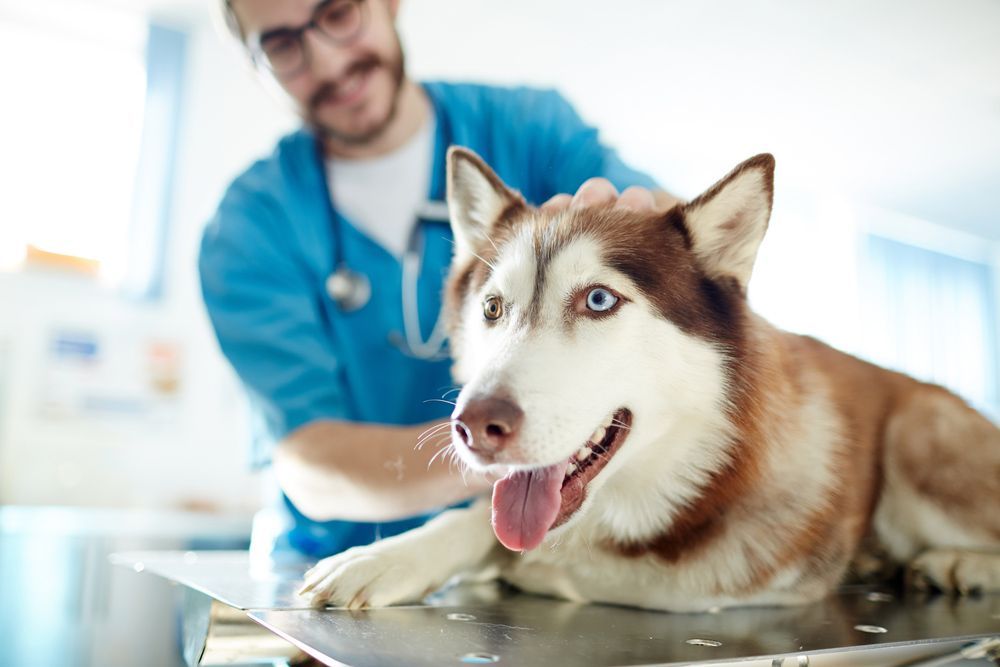How Often Should You Take A Dog To The Vet?
Have you ever wondered how often your furry friend should visit the vet? Regular veterinary care can help maintain your dog’s health, prevent diseases and address any health concerns promptly. However, understanding the appropriate schedule for vet visits may be confusing for many dog owners. Let’s explore the general guidelines for routine veterinary visits and how they vary depending on your dog’s age and health needs.
Annual Check-Ups: A Comprehensive Guide to Routine Visits
Routine veterinary visits are an important part of a dog’s healthcare plan. These visits help veterinarians monitor your dog’s overall health, provide
vaccinations and offer preventative care tailored to their needs.
Why Annual Check-Ups Matter
Annual check-ups can help detect health issues early. By monitoring your dog’s weight, dental health and overall condition, vets can provide timely advice and treatments that support a dog’s long-term well-being.
Tailored Preventative Care
During these visits, veterinarians can offer preventative treatments such as parasite control and nutritional advice. Tailoring these treatments to your dog’s needs may help address emerging health concerns and support a healthy lifestyle.
Building a Relationship
Frequent visits can help build a positive relationship between the vet, the dog and the owner, leading to more personalised
care and a better understanding of your dog’s health history.
Puppy & Senior Dog Care: Tailoring Vet Visits to Life Stages
The frequency of veterinary visits can vary based on a dog’s age. Puppies and senior dogs often require more frequent visits due to their unique health needs.
- Puppies: During their first year, puppies can benefit from vet visits every three to four weeks. These visits may monitor growth, administer vaccinations and assess development milestones. Vaccinations during this period can include those for distemper, parvovirus and rabies.
- Adult Dogs: Annual visits are generally sufficient once dogs reach adulthood unless specific health concerns arise.
- Senior Dogs: As dogs age, they may require more frequent check-ups—often twice a year—to monitor age-related health changes and adjust care plans as necessary.
Specialised Care: Understanding the Importance of Vaccinations & Preventative Treatments
Vaccinations and preventative treatments can play an important role in maintaining your dog’s health and preventing diseases. Regular veterinary visits can help keep your dog up-to-date with necessary vaccinations and provide ongoing preventative care.
Essential Vaccinations
Vaccinations protect dogs from various infectious diseases. During their first year, puppies receive a series of vaccinations to build their immunity against common diseases such as distemper and parvovirus.
Parasite Prevention
To help protect dogs from parasites, consider preventative treatments such as flea, tick and worm control. These treatments can be adjusted based on your dog’s lifestyle and environment to target local threats.
Dental Care
Dental health is an essential aspect of your dog’s overall well-being. Regular check-ups can allow vets to monitor your dog’s teeth and gums, offer cleaning if necessary and advise you on maintaining oral hygiene at home.
Keep Your Pet Healthy: Book A Vet Visit Now
At Western Suburbs Veterinary Clinic, our team of local Townsville vets provides comprehensive care tailored to your pet’s needs. We offer a range of services, from routine check-ups and vaccinations to dental care and advanced medical treatments, so your pet can receive the care they need. Contact us today to see the difference our team can make in supporting your pet’s journey to health and wellness at our Townsville veterinary clinic.















